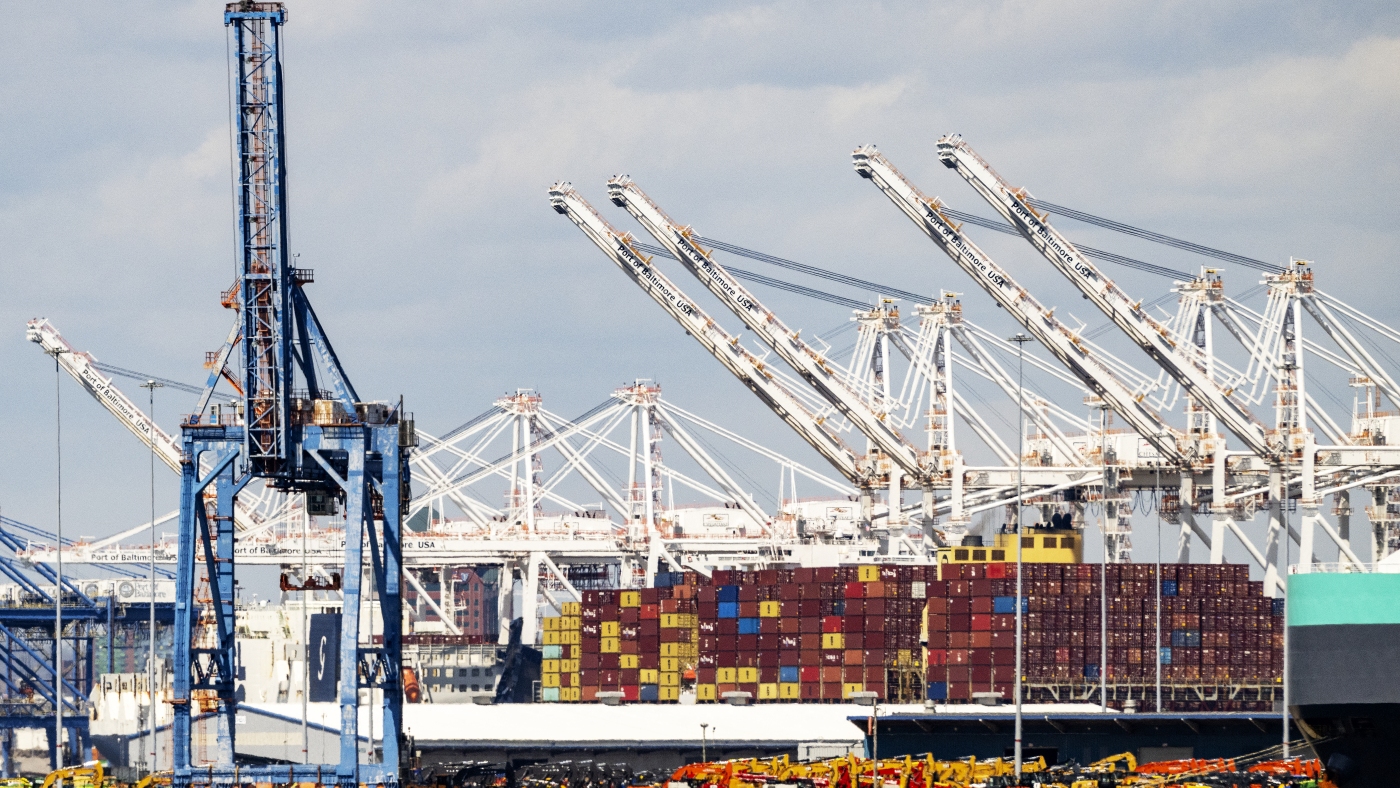## Hold Up, Gamers! Trump’s Tariffs Might Be About to Get Hit With a Game Over.
Remember all those fears about sky-high prices for your favorite gaming gear thanks to Trump’s tariffs? Well, hold onto your controllers because things are about to get interesting.
While gamers across the globe braced for impact, a glimmer of hope has emerged from the legal battles brewing in the courts. Could we finally see some relief from the economic burden of these controversial trade policies? NPR’s latest report delves into the potential ramifications for small businesses and gamers alike. Read on to find out if this could be the game-changer we’ve all been waiting for.Small Businesses Caught in the Crossfire
Personal Struggles, Financial Strain

The recent court rulings blocking certain Trump-era tariffs have brought a wave of relief and cautious optimism to many small business owners who have been grappling with the economic fallout of these trade policies. For Sarah Wells, founder of a Virginia-based company specializing in maternity accessories, the tariffs represented a significant financial burden. When the White House first raised tariffs on goods imported from China, Wells faced an unexpected $15,000 expense simply to receive her final shipment from her Chinese supplier.
Barton O’Brien, owner of BAYDOG, a Maryland-based pet supply company, also experienced the disruptive effects of tariffs. O’Brien, a former Marine, meticulously prepared for the possibility of tariffs by stockpiling pet supplies in every available space, from his warehouse to his bathroom.
“We had dog life jackets in the bathroom,” O’Brien recounts, highlighting the lengths he went to in anticipation of potential disruptions in his supply chain. “Our warehouse was bursting. We had to rent a container and put it out back.”

Industry-Specific Impacts
The impact of tariffs has not been uniform across industries. Maternity accessories, like those produced by Wells’ company, often rely on imported materials and manufacturing, making them particularly vulnerable to tariff increases. The pet supply industry, which O’Brien represents, also faces challenges due to the global sourcing of raw materials and components.
These examples show how tariffs can disproportionately affect specific sectors, leading to increased costs for businesses and potentially impacting consumer prices.

Ripple Effects on Employment and Local Economies
The impact of tariffs extends beyond individual businesses. When businesses struggle to absorb the costs of tariffs, they may be forced to reduce their workforce, leading to job losses and economic hardship in local communities.
Additionally, the uncertainty surrounding tariffs can discourage businesses from investing in expansion or hiring new employees, further hindering economic growth.

A Long Road Ahead: Navigating Uncertainty
The Appeal and Supreme Court Considerations
Despite the recent court rulings, the future of these tariffs remains uncertain. The White House has vowed to appeal the decisions, potentially leading to protracted legal battles that could ultimately culminate in a Supreme Court hearing. This prolonged legal process creates an environment of uncertainty for businesses, making it difficult to plan for the future.

Strategies for Mitigating Future Impacts
In the face of this uncertainty, small businesses must explore strategies to mitigate the potential impacts of future tariffs. Diversifying supply chains by sourcing goods from multiple countries can help reduce reliance on a single source and lessen the impact of tariffs on specific suppliers.
Exploring domestic manufacturing options, while potentially more expensive in the short term, can provide a degree of insulation from future tariff fluctuations. Advocacy efforts, both at the local and national level, can also play a crucial role in shaping trade policies that are more favorable to small businesses.

Conclusion
As the dust settles on the Trump-era tariffs, a ray of hope shines through for small business owners across the gaming industry. NPR’s report highlights the ongoing legal battles against these trade barriers, with courts increasingly siding with businesses, arguing that the tariffs have stifled competition and driven up costs. This victory for small businesses is a significant step towards restoring a fairer and more competitive landscape, allowing them to focus on innovation and growth instead of navigating a convoluted web of trade restrictions.
